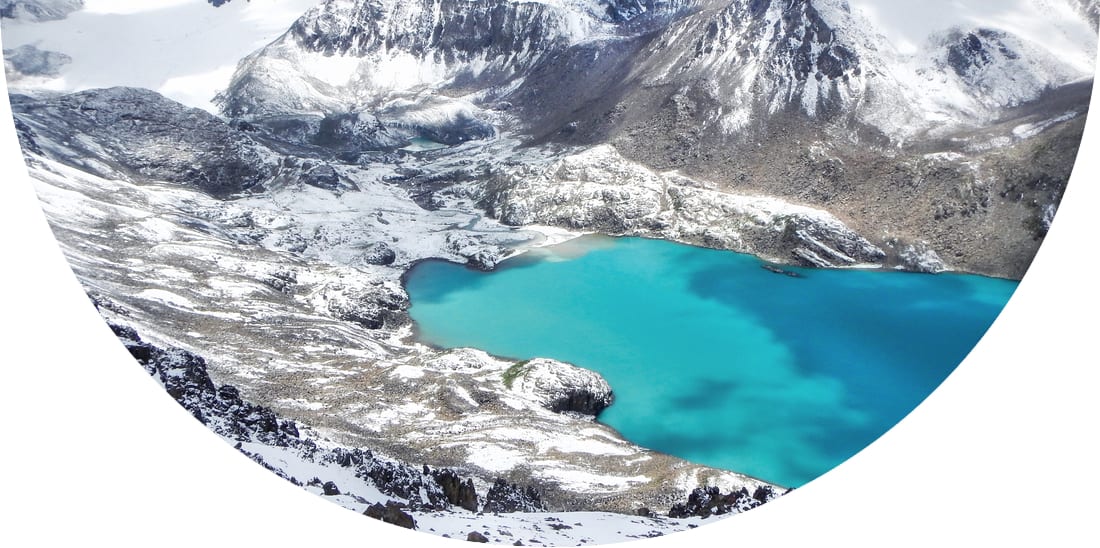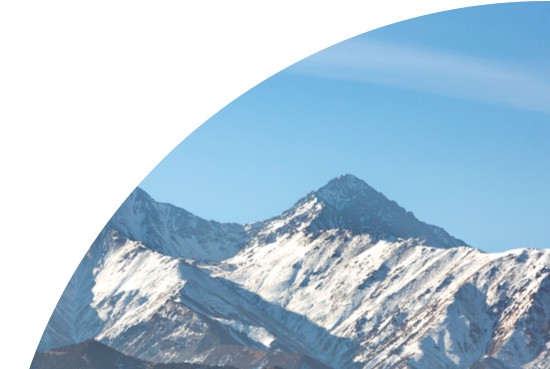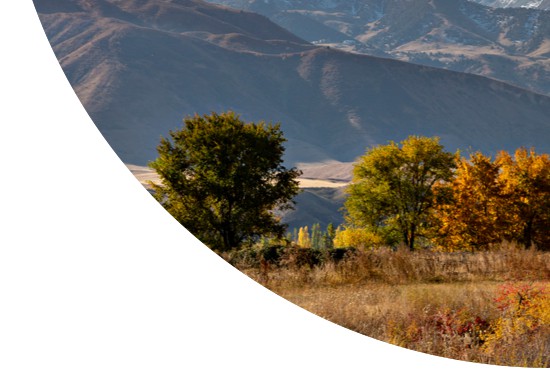Crimean-Congo haemorrhagic fever (CCHF) is primarily spread to humans either by infected ticks or animal blood. Human-to-human transmission can also occur resulting from close contact with the blood, organs or other bodily fluids of an infected person.


Travel Vaccinations for Kyrgyzstan
Recommended Vaccines for Kyrgyzstan
The level of protection needed depends on your medical history and travel itinerary. Book now to get a personalised recommendation from our specialist travel nurses. The consultation costs £20 plus any vaccines you decide to take.
Flexible appointments with no upfront payment
Book Now
Destination Information for Kyrgyzstan
The Central Asian country of Kyrgyzstan is located along an ancient trade route between China and the Mediterranean. Kyrgyzstan is largely dominated by mountains, where trekkers and hikers will encounter wildlife including lynx and snow leopards. The ancient city of Osh, in the South of the country and the second largest city, was also once a stop on the Silk Road and still hosts a vast and bustling bazaar.
Kyrgyzstan is sometimes referred to as the ‘Switzerland of Central Asia’ thanks to its mountain peak, pine forests and glacial lakes. Although it is a landlocked country, there are a number of beaches to be found on the shores of the lakes, the largest of which is Lake Issyk Kul, where the summers are short and the winters extremely cold.
If shopping is a must for you, Kyrgyzstan hosts the largest market in Central Asia, just 20 minutes out of the capital, Bishkek. There’s plenty to do here for adventure-lovers, including the obvious hiking and trekking in the mountains, along with cycling, motorbike touring and exploring on horseback.
Kyrgyzstan has a liberal tourist visa policy, making this underestimated and little-known country a good choice for visitors with a strong sense of adventure. Time your visit for the summer to experience the best hiking, beaches and rural yurt accommodation.
Infections and Outbreaks frequently change from country to country and by attending our clinics you will be given the most up to date clinical and safety advice from our team of specialists. Our advice to you often includes aspects such as:
- Food and water hygiene
- Insect and animal bite avoidances
- Personal safety
- Sexually transmitted infections
- Sun protection
- Altitude sickness
Malaria and regions within country:
There is low to no risk of P.Vivax malaria throughout the country. Anti-malarial medication is not normally advised.
Non Vaccinated Diseases
Additional Health Risks Information for Kyrgyzstan
Kyrgyzstan is generally considered to be a safe country to visit, although travellers here should take particular care close to borders. The border with Tajikistan is under dispute and there are occasional clashes leading to violence here, along with the Kyrgyzstan/Uzbekistan border. Muggings and attacks are common, and tourists can be particularly vulnerable. Be aware of your personal safety and security at all times, avoid travelling after dark, and stay in a group with an organised guide if possible.
Travelling by road around Kyrgyzstan can be risky due to poorly maintained roads and vehicles. Ensure that you have everything you need, including fuel, for your entire journey, and be prepared for animals and people on the road, as well as difficult driving conditions including poor lighting. If you are trekking or travelling by foot in remote and mountainous areas, be aware of the signs and symptoms of altitude sickness, and allow time to acclimatise properly. Landslides, rock falls and avalanches can occur in the mountains – check the local conditions before you set out, and trek with an experienced guide who knows your route well. Travellers who may go into areas of high altitude should take care to avoid ill effects of being at altitude including Acute Mountain Sickness.
Medical facilities in Kyrgyzstan are basic, so ensure that your travel insurance covers you for evacuation to a country with suitable facilities should that be required.



